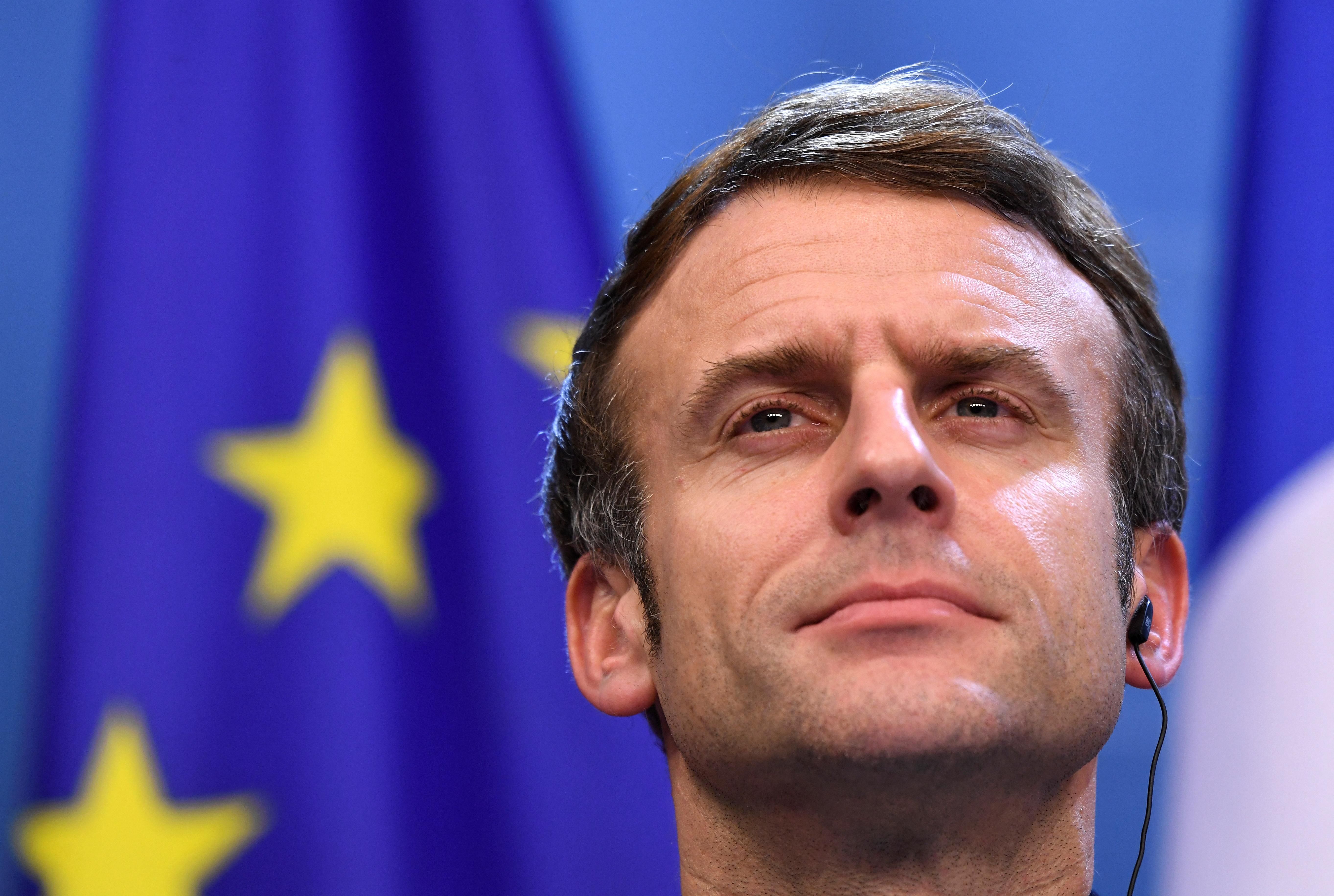France takes over EU presidency. France has assumed the EU's rotational presidency, which allows Paris to set the bloc’s agenda for the next six months at a very interesting time for both EU and French politics. French President Emmanuel Macron will want to make a big splash as he vies to become the bloc's de-facto leader after the departure of Angela Merkel. Macron's ambitious plans include reforming the EU's budget rules to allow member states to spend more than 60 percent of their annual GDP, which he’ll have a tough time selling to debt-averse Germany. He also will continue to push hard for the EU to develop a military capability independent from the US, and to embrace nuclear power as a green source of energy as Brussels just proposed. Also, in the run-up to the French presidential election in April, the centrist Macron will use the EU presidency to tell voters how France can benefit from a stronger Union led by France — particularly to fend off challenges from his right in fellow Europhile Valerie Pécresse, and his far right in Euroskeptics Marine Le Pen and Éric Zemmour. So far, Macron isn't off to a good start: he had to remove a giant EU flag perched on Paris’ Arc de Triomphe after his three main rivals called it an attack on French identity.
North Korea is in for a tough 2022. North Korea's Supreme Leader Kim Jong Un famously likes to drop bombshells in his New Year's Day speeches, like his 2018 nuclear button. But this time, he decided to write a letter telling his people that this year the regime will focus on rural development. Although boosting food production may not sound as exciting as Kim's trademark bombastic statements boasting about nukes or lashing out at South Korea and the US, the more urgent problem is to escape a looming famine. It won't be easy: North Korea's food production system is in the dumps due to decades of mismanagement, and more recently a severe economic crisis caused by the pandemic-related closure of the border with China, Pyongyang’s main economic lifeline. Kim, who recently marked his 10th anniversary as supreme leader, seems to be in survival mode for 2022, and both seeking a formal end to the 1950-1953 Korean War and restarting nuclear talks with Washington are low on his priority list as feeding his people takes precedent.
Gotham has a new boss. Minutes after New Yorkers rang in the new year, they also inaugurated a new mayor. Eric Adams, the city’s second Black mayor, faces big problems in the Big Apple: almost two years after the pandemic began, unemployment is double the US average, violent crime has skyrocketed, and pre-existing socioeconomic and racial inequalities have widened. But Adams says that under his watch, New York City will re-emerge bigger and better by luring back businesses, subway riders, and tourists. The former cop also promises to make America's largest city and urban economy safe again by being tough on crime while reforming the NYPD, which just got its first female commissioner. Beyond the city limits, how Adams performs could have an impact on the November midterms, where his Democratic Party faces very long odds to retain control of both houses of Congress. For moderate Dems, more candidates with messaging like NYC's centrist, club-hopping, vegan mayor is the antidote to Republicans appealing to moderate voters who don't want to defund the police. First, though, he has a lot of work to do to wake up the city that never sleeps.
Sudan’s PM resigns as the country spirals. Sudan’s embattled PM Abdalla Hamdok
resigned Sunday, saying he made the decision because the country is at “a dangerous turning point.” How did we get here? In October, the Sudanese army
deposed the country's joint civilian-military government, placing Hamdok under house arrest and arresting scores of political prisoners. Weeks later, Hamdok was released and reinstated in a
shaky deal negotiated by Lt. Gen. Abdel Fattah al-Burhan, who led the coup. The military said that the civilian-military alliance would remain intact until fresh elections are held in 2023, but pro-democracy Sudanese aren’t buying it, saying the deal is a ruse for the army — formerly aligned with longtime dictator
Omar al-Bashir — to cling on to power. This weekend several demonstrators were shot by security forces, prompting Hamdok to resign to try and lower the temperature. But it might be too late to rescue Sudan’s democratic dream: dozens of protesters have been killed by the army since the coup, while security forces have taken extreme measures to quash dissent, including
censoring the press.